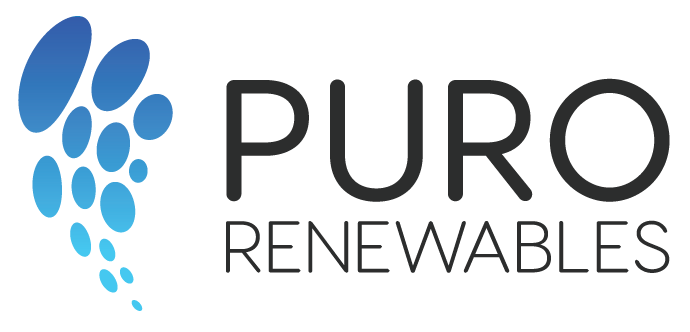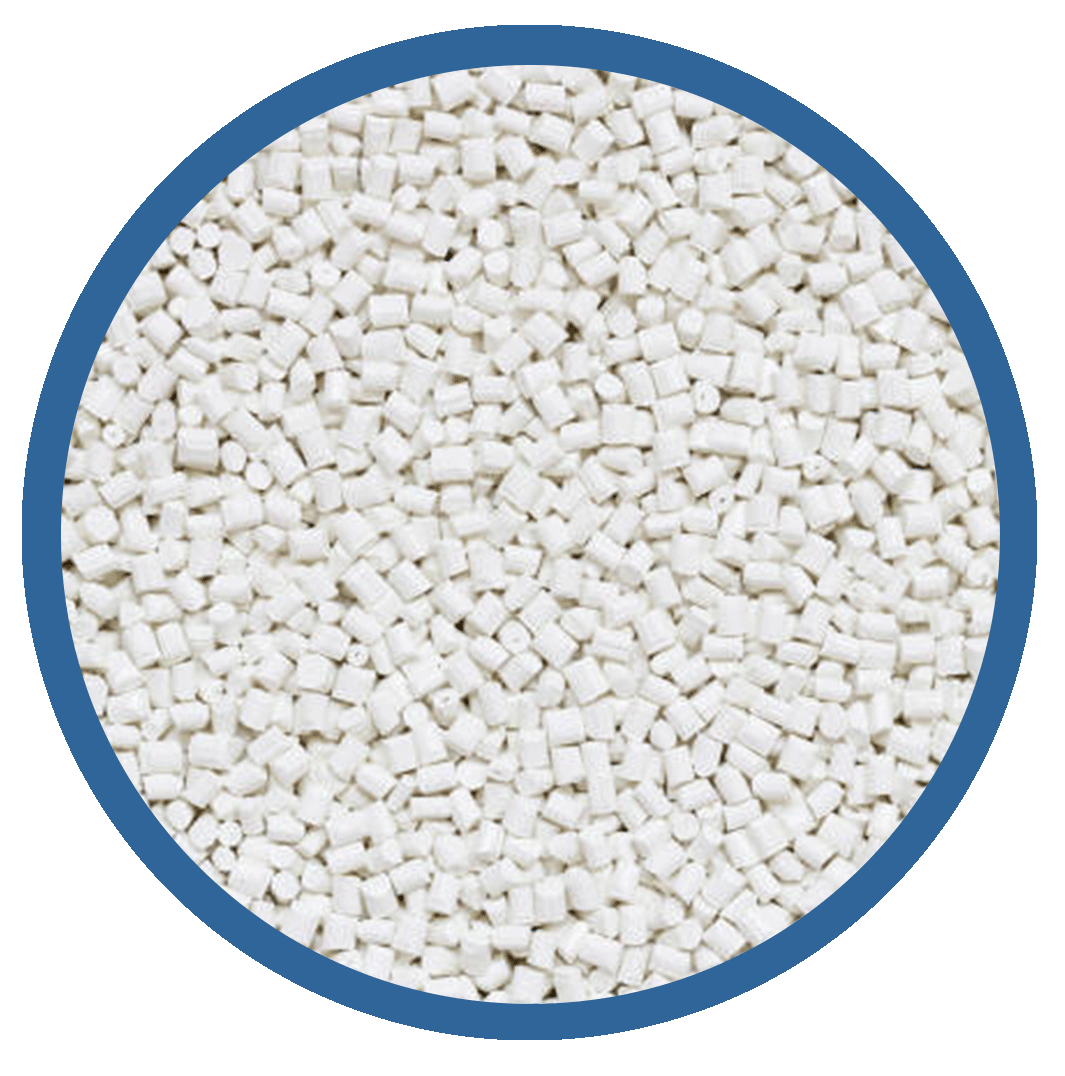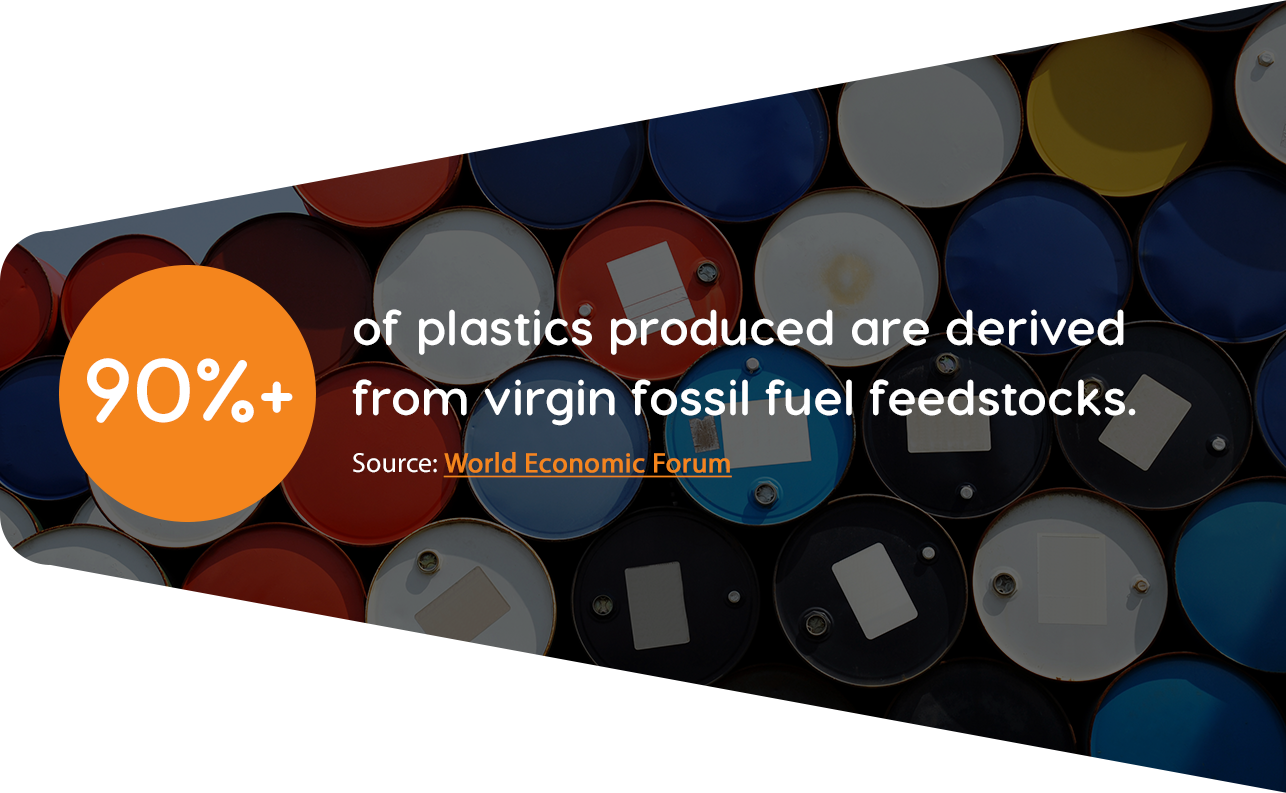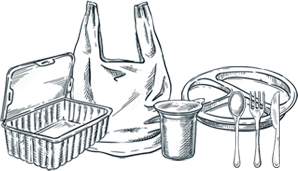Technology Derived from Oyster Shells
From Shell...
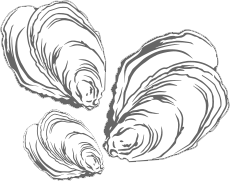
to Shelf...
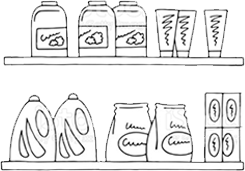
Puro Renewables helps plastic manufacturers and brands affordably transition to more sustainable solutions without any loss of quality or performance. The majority of each of our products is derived from “bio-renewable, bio-waste” and can be used individually or in combination to reduce your reliance on fossil-fuel resin, reduce your carbon footprint, and ensure products can be biologically digested if they are not recyclable.
